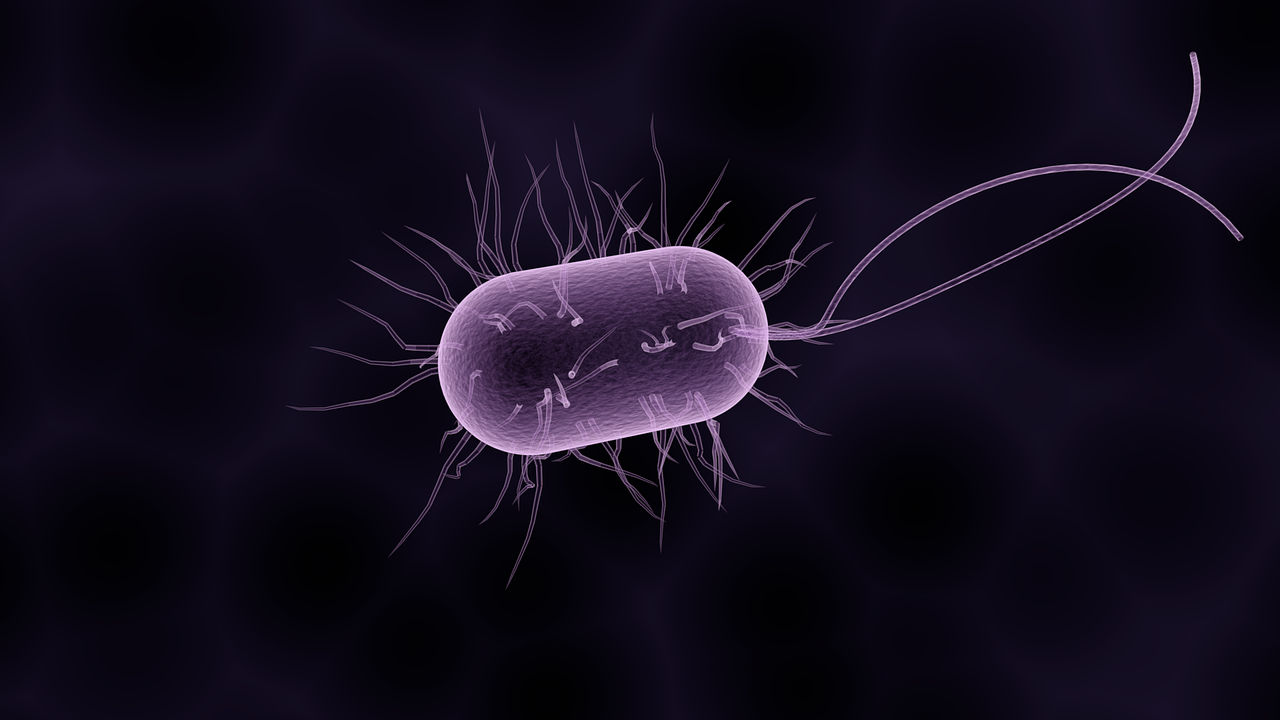
The human microbiota is diverse and found in many places apart from your gut. It has a considerable influence on your development, immunity, and health. Want to learn why and how to not cause any harm to these varied microbiomes.
The human body is inhabited by trillions of tiny bacteria, which are together called the human microbiota. We are all aware of the microbiome in our gut, and why it is important for health and well-being. Microbiomes can also be found on your skin, in your mouth, nose and vagina. They are as critical for your health as the gut microbiome. We acquire this microbiome upon birth and through the initial years of being born. The human microbiota has a considerable influence on human development, physiology and immunity. It also interacts between itself and its host to form a stable ecosystem that responds to disturbances. This symbiotic relationship constitutes the first line of defense by inhibiting and preventing the growth of pathogens.
Some changes in the microbiota may occur during our growth, depending on the foods we eat, the environment in which we live, the people and animals that interact with us, or medicines that we take, such as antibiotics, NSAIDS etc. The human microbiota helps us to keep us healthy, but sometimes these bacteria can also be harmful. We need to take good care of our microbiota to avoid the dysfunctions it can cause.
Vaginal microbiome: The vaginal microbiome harbours diverse communities of microorganisms, known as vaginal flora which has an important impact on women’s health as well as that of their newborns. Bacteria dominate largely the vaginal microbiome. A woman in childbearing age produces approximately 1–4 ml of vaginal fluid that contains 106 to 108 bacterial cells per ml. . The composition of the vaginal microbiota depends on age, menstruations, hormonal fluctuations, sexual behaviors, and also the use of drugs such as probiotics and antibiotics causing its imbalance. As part of the human microbiome, the study of the vaginal microbiome has shown a relationship between bacteria present in the vagina and diseases. The imbalance in the composition of the vaginal microbiota can lead to dysbiosis (more bad bacteria than good bacteria) such as bacterial vaginosis. In addition to the microbiota constituents, fungal communities (mycobiome) and viral populations (virome) are also an important part of the vaginal microbiome and have relationships with vaginal bacterial components. These underestimated microbiomes play a role in health and diseases such as candidiasis due to an overgrowth of Candida albicans and preterm birth caused by a higher viral vaginal diversity.
Overall, normal vaginal flora is dominated by various species of Lactobacillus. Lactobacillus species protect the vaginal ecosystem through the production of antimicrobial molecules that exclude and inhibit the growth and expansion of other microorganisms. Lactic acid, that maintains vaginal pH between 3.5 and 4.5, and hydrogen peroxide, an antimicrobial product that protects against harmful microbes and which is produced by L. acidophilus and L. casei, are also able to inhibit the growth of bacteria usually associated with dysbiosis state.
Certain foods and drinks contain compounds that may improve vaginal health and symptoms of vaginal conditions. These include probiotics, prebiotics, fermented food and beverages. Consumption of probiotic foods like kimchi, homemade pickles, sauerkraut and prebiotics present in colour fruits, vegetables, nuts and seeds can be helpful. Other lifestyle habits that might help are:
- Staying hydrated
- Cleaning genital area with mild unscented soap, before rinsing and patting dry
- Using antibiotics appropriately and only when necessary
- Wearing cotton underwear
- Avoid holding urine for too long
- Avoid processed, refined and sugary foods
Oral Microbiome: The oral cavity has the second largest and diverse microbiota after the gut harboring over 700 species of bacteria. It nurtures numerous microorganisms which include bacteria, fungi, viruses and protozoa. The mouth with its various niches is an exceptionally complex habitat where microbes colonizes the hard surfaces of the teeth and the soft tissues of the oral mucosa. This provides a rich environment for the microorganisms to flourish. There is a symbiotic relationship between the microorganisms (good and the pathogenic microbes) in our oral cavity. The commensal populations do not cause harm and maintain a check on the pathogenic species by not allowing them to adhere to the mucosa. The bacteria becomes pathogenic only after they breach the barrier of the commensals, causing infection and disease. Oral microbiota rests within biofilms (will explain more in the latter bit) throughout the oral cavity and forms an ecosystem that maintains health in a state of equilibrium. However, certain imbalances in this state of equilibrium allow pathogens to manifest and cause disease. Disruption of the oral microbiome leads to dysbiosis. In addition to being the initiation point of digestion, the oral microbiome is crucial in maintaining oral as well as systemic health.
The human microbiome interacts very closely with our immune system, and as a consequence the immune system may be affected by dysbiosis, contributing to various conditions and disease. Dysbiosis of the oral microbiome caused by food habits and poor mouth hygiene has also been related to the cardiovascular system, pulmonary disease, atherosclerosis and many more. These findings show the significant influence that the oral microbiome has on whole-body health.
The microorganisms that cover teeth create what’s called a ‘biofilm’, commonly referred to as plaque, a kind of major housing place for bacteria in the mouth. Some bacteria in the biofilms on teeth and in your mouth can be harmful. To maintain a balance between the ‘healthy bacteria’ and ‘bad bacteria’ in the biofilm, mouth and oral hygiene are vital to ensure that these bacteria won’t damage your oral health.
The balance of bad to good bacteria can be affected by what happens to the mouth. Any major dental work can be a disturbance to the normal oral microbiota, likewise, having dentures or braces. What we consume can also have a big impact on the microbial environment. Sugary foods, acidic drinks (even sugar-free kinds), and smoking can all change this oral environment, making it easier for ‘bad’ bacteria to proliferate.
Ways to keep the oral microbiota healthy:
- Remove/reduce sugar and sugary foods
- Quit smoking
- Manage blood sugar levels- oral bacteria may be disturbed by the fluctuations in blood sugar
- Use a probiotic toothpaste
Skin Microbiome: The skin is the human body’s largest organ, colonized by a diverse range of millions of microorganisms, most of which are harmless or even beneficial to their host. A balanced skin microbiome (balance between the good and bad bacteria) is critical for skin integrity and health. This microbiome is responsible for protecting our skin from pathogens, controlling skin immunity, nutrient absorption and supporting our skin barrier. Bifidobacterium and Lactobacillus are two species that present in the skin microbiome apart from many others. The skin microbiota provides a healthy barrier and protects the skin against inflammation and infection. Sometimes bad bacteria can crowd out the good bacteria causing dysbiosis, which can manifest in issues like eczema, rashes, acne and rosacea. It can also show up as sensitive skin and accelerate the ageing process by losing elasticity, uneven tone and wrinkles.
The skin microbiome changes with the way we live, where we live, our lifestyle, use of different personal hygiene products and also what we eat. Excess washing of the skin can strip it off its natural oils and also the healthy bacteria. However, it’s critical to maintain the health of this microbiota, because it is our first line of defense against the pathogenic bacteria. Maintaining the pH of the skin is very important, as a higher pH level can let the pathogenic bacteria thrive.
Tips to maintain healthy skin flora:
- Use gentle and non-toxic products on skin
- Don’t use drying alcohols on face
- Avoid using to much of sanitizers
- Use probiotic rich skin care products
Get started with us, on your journey to good health: https://www.smritikochar.com/get-started/


